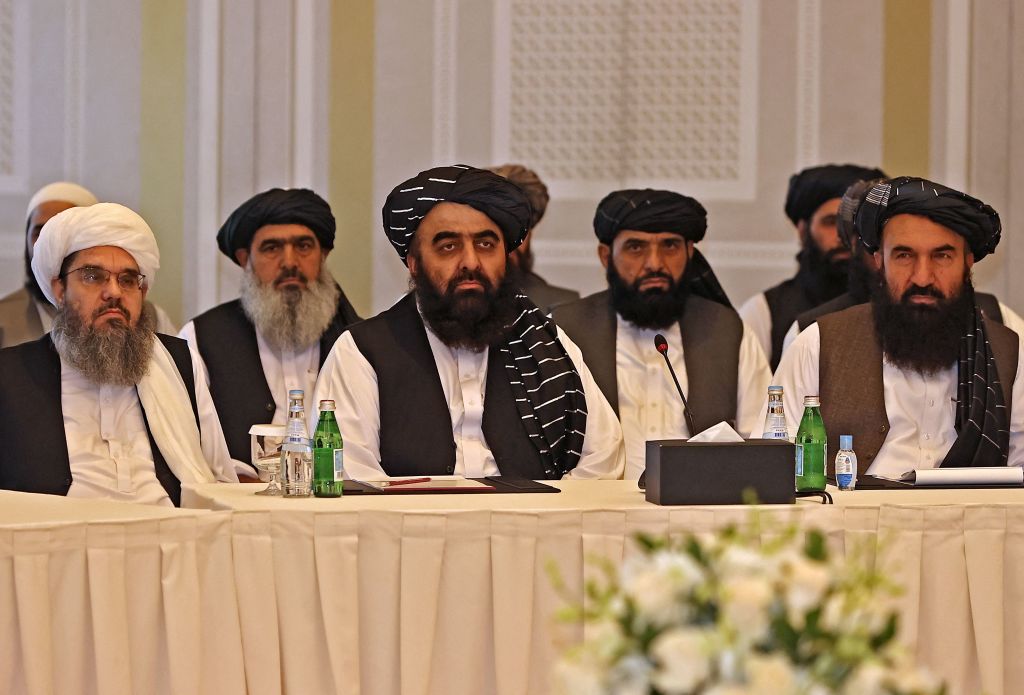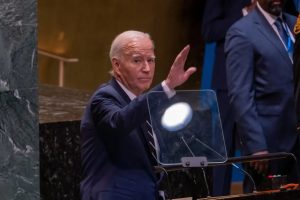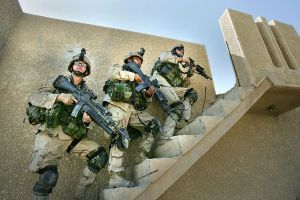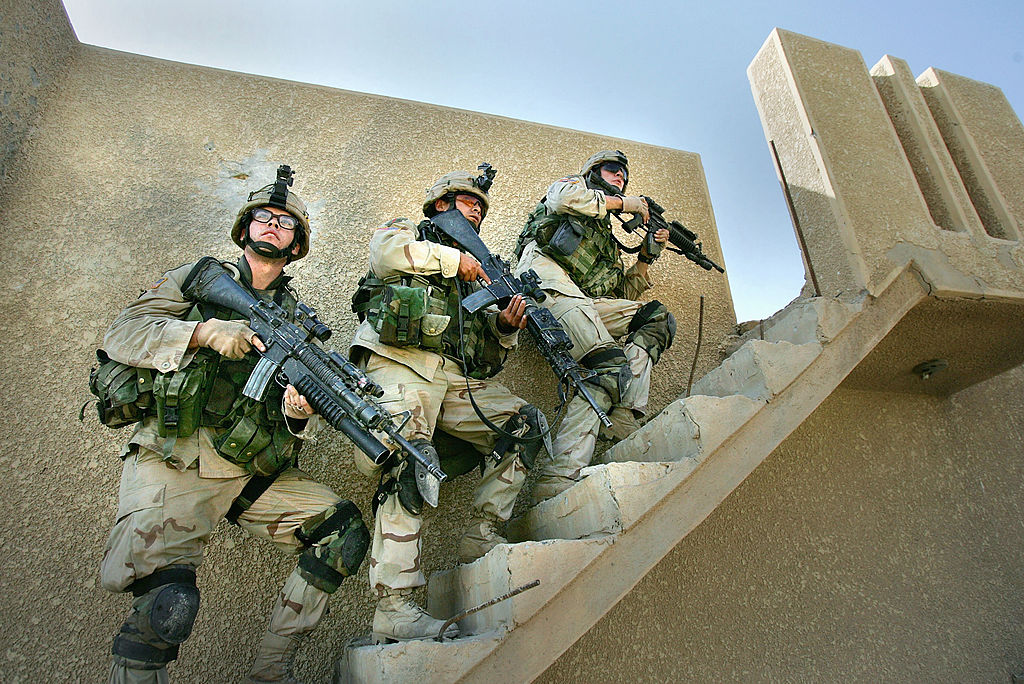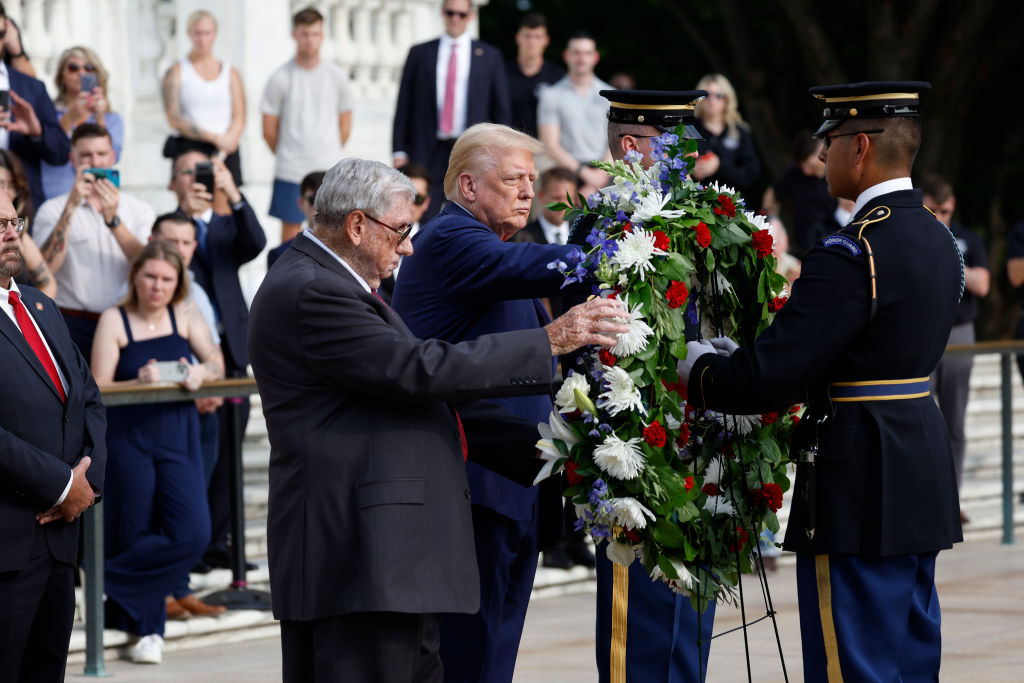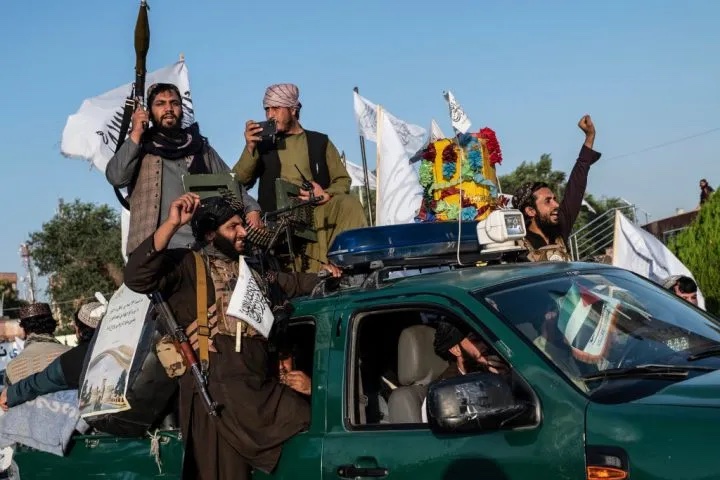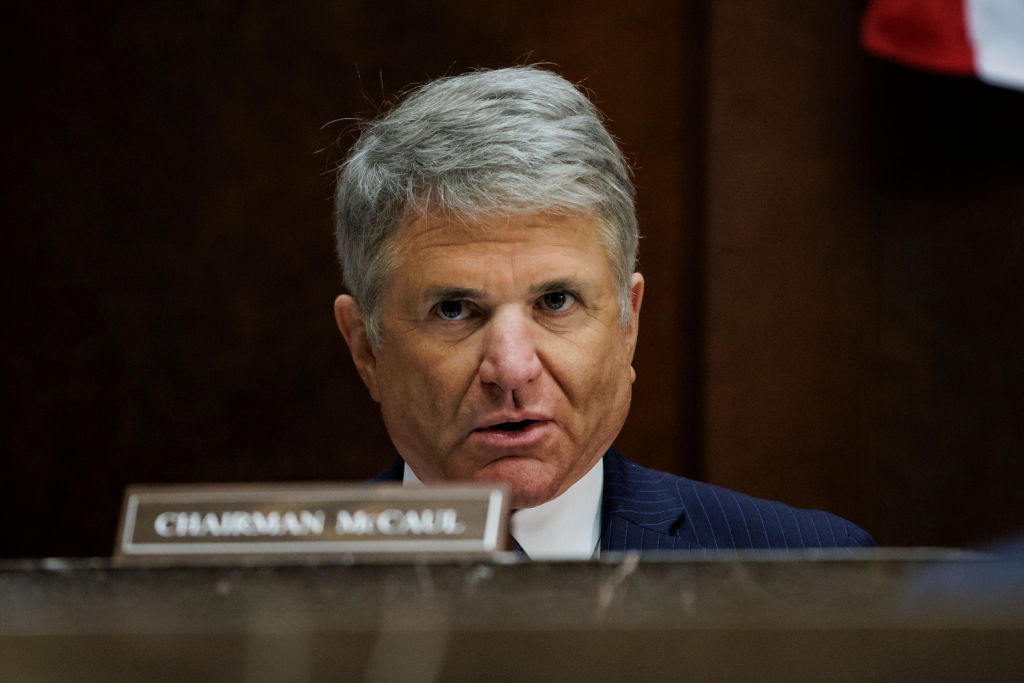For the first time in two decades, and arguably for the first time since the late 1970s, there is a semblance of calm in Afghanistan’s countryside. The US troop withdrawal last August, ending Washington’s 20-year misadventure in the country, has ushered in a period when airstrikes, IEDs, and Taliban-orchestrated bombings are no longer daily facts of life. Afghans who haven’t seen their relatives for years are now able to travel the roads without worrying about getting menaced by Taliban gunmen or fleeced by corrupt Afghan army troops.
At the same time, Afghanistan is at a perilous moment in its history. The 11-day collapse of the Western-backed Afghan government and the dissolution of the Afghan security forces (paid, equipped, and trained courtesy of the US taxpayer at a cost of $90 billion) has not only exposed the fecklessness of what was the American-constructed political system in Kabul, but yielded an imminent humanitarian catastrophe. The Taliban have learned that governing a weak, poor, and fractious nation of 40 million people is a lot more difficult than waging an insurgency against a kleptocratic government dependent on foreigners.
Afghanistan’s economy is now circling the drain. The gobs of cash Washington and Europe threw at the Afghanistan problem for so long is now cut off. Afghanistan’s foreign reserves, estimated at $9 billion, are frozen. The World Bank and IMF have stopped disbursing money to the country. The Taliban, back in power after 20 years of war, are now scraping by, with the health system struggling, banks restricting withdrawals, and power supplies at risk of being cut due to the lack of payment. According to the World Food Program, only 5 percent of Afghans have enough to eat.
The Biden administration, successfully extracting US forces from an unwinnable civil war despite the objections of senior US military leadership, recognizes the gravity of Afghanistan’s humanitarian situation. They also understand that Washington has unfinished business in the South Asian country. The two most pressing of these interests are the evacuation of Americans who remain there (the exact figures are disputed) and ensuring the Taliban keep their commitments to prevent Afghan soil from being used to plan attacks on the United States. Both of these objectives require some degree of communication with the Taliban, which is why American officials spent the weekend in Doha talking with senior Taliban officials in the first such meeting since US forces pulled out.
As would be expected, the Americans and the Taliban had different interpretations as to how the meeting went. While the Taliban claimed that Washington agreed to provide humanitarian assistance to Afghanistan, the State Department said the subject of aid had only been discussed. The Taliban reiterated its intention to prevent Afghanistan from harming other nations, but also rejected US cooperation against Isis, insisting it could squelch the terrorist organization on its own.
While there are questions as to whether the Taliban has the capacity to actually pound Isis-K into submission, the group has demonstrated that it certainly has the intent. With Ashraf Ghani enjoying a life in exile and the anti-Taliban resistance in the north resembling a loud dog with no bite, Isis-K is now the principal threat to Taliban power. The terrorist group has already sought to embarrass the Taliban by launching several high-profile attacks against civilians in Kunduz and Kabul, not to mention insurgent-style assaults on Taliban positions in the eastern city of Jalalabad. In short, if the US is worried the Taliban won’t take the fight to Isis-K, it shouldn’t be.
The bigger question is whether the Taliban will do the same with al-Qaeda. Some terrorism analysts have said outright that it would be ‘crazy’ for the US to buy what the Taliban is selling, particularly when the powerful Haqqani Network has been intricately connected to al-Qaeda for decades.
Yet if anything can be called delusional, it’s assuming the Taliban’s al-Qaeda policy in 2021 would be identical to its policy in the late 1990s. Back then, the Taliban were in the middle of a war with the Northern Alliance, and al-Qaeda proved to be a useful force multiplier as the movement attempted to consolidate power (it was al-Qaeda, for instance, that killed Ahmed Shah Massoud, the legendary anti-Taliban commander, two days before 9/11).
But as Paul Pillar, a former National Intelligence Officer for the Near East, wrote in August, the situation today is markedly different than it was back then. The Taliban don’t need al-Qaeda to press their territorial advantage. They already have the advantage, given that they’re serving as the de facto Afghan government. Indeed, the easiest way for the US to cement the Taliban’s relationship with al-Qaeda would be to recklessly fund or arm anti-Taliban militias, as some lawmakers have advocated for.
None of this even begins to address the deadly consequences the Taliban suffered for allowing the al-Qaeda network to run rampant in Afghanistan — consequences that included the deaths of tens of thousands of its foot soldiers and the quick ouster of its emirate. The Taliban had to spend 20 years regaining what they’d lost so quickly in 2001. Is the movement so dumb and reckless as to repeat the same mistake?
The US will have to monitor Afghanistan closely, regardless. Fortunately, fighting in an endless civil war is no longer part of the job description.



